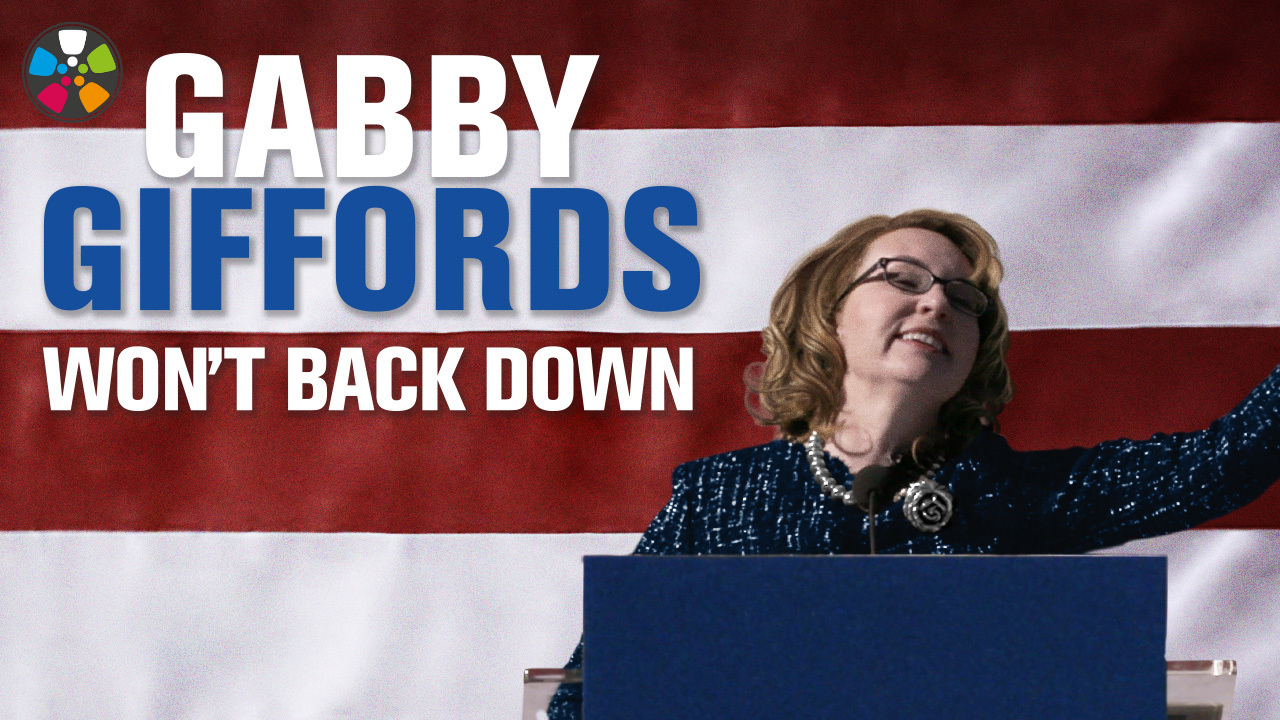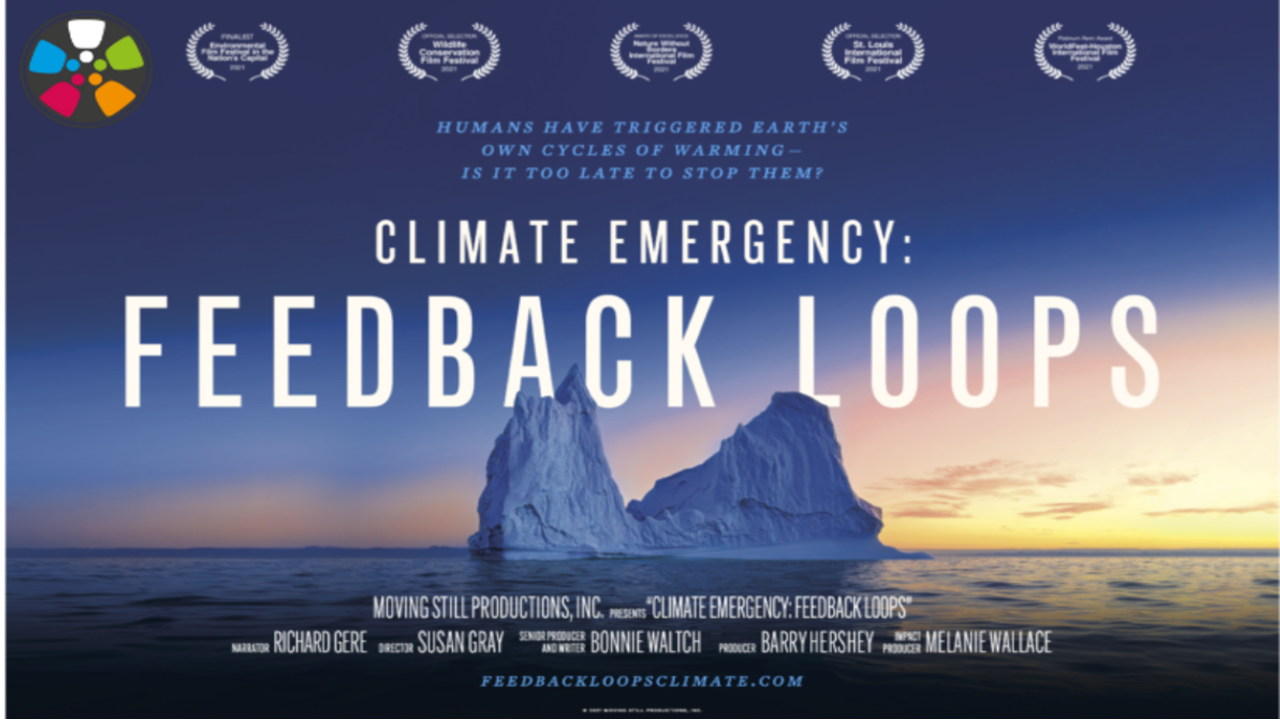Different Learning: Journeys in Film Resources
Differentiated learning—adapting classroom techniques to maximize learning for students at different levels and with different learning strengths and weaknesses—has always been important for educators. At Journeys in Film, our teachers write lessons that are accessible to a wide range of students. Further, our writers understand that individual teachers, who know the strengths and weaknesses of their own students, will adapt our lessons to suit their own needs. As such, we encourage educators using our resources to consider the needs of their students and make the changes they deem necessary.
Additionally, our guides themselves are flexible and adaptable. Teachers may choose to do one activity in the lesson while omitting another. They may give more or less time to a lesson than is suggested. For example, a writing assignment could be done in class with additional pre-writing activities provided by the teacher. Or, the assignment could be done at home by a more advanced group of students working independently. Small group activities offer flexibility as well. Likewise, groups can be assigned randomly or with specific input from the teacher. Moreover, our resources are created with “scaffolding” options available to educators.
A perfect example of how our resources provide flexibility in your classroom is our new independent learning guide for the documentary Gabby Giffords Won’t Back Down.

Different Learning: Gabby Giffords Won’t Back Down and Climate Emergency: Feedback Loops
The independent learning guide for Gabby Giffords Won’t Back Down is extremely flexible and was created specifically with adaptability in mind. As such, each section features a driving question. Also, there are personal reflection questions for students who thrive on independent learning and quiet work on their own, discussion questions for group engagement, and extension activities created with a wide range of student learning levels and comfort levels in mind. Therefore, you should check out this new guide here: https://journeysinfilm.org/product/gabby-giffords-wont-back-down/. It features sections relevant for civics classrooms, advisories, classroom discussions around career pathways, media literacy, psychology appropriate components and much more.
Pick up any of our guides that work with your curriculum and you will find flexible lessons that can easily be adapted to the needs of your students. Additionally, our Extension Activities often offer more complex activities for advanced students. For example, you can see this on page 77 of our curriculum guide for Climate Emergency: Feedback Loops. You can download that guide here: https://journeysinfilm.org/product/climate-emergency-feedback-loops/.

Different Learning: Additional Resources and Tips
By far, one of the resources we’ve seen is the All Kinds of Minds program. You can learn more here: https://allkindsofminds.org/. There’s a library of resources on differentiation and a way to create a profile of students. This site features many practical suggestions. Also, there are a number of books on All Kinds of Minds for teachers, parents, school leaders, and kids themselves. These books help students recognize their own strengths as well as areas for growth. All of our brains are different and this resource honors that.
Furthermore, Vanderbilt University’s Peabody College of Education and Human Development Peabody offers a three-hour online module on differentiated instruction for which a professional development certificate is available. The module offers sound advice on how to assess students and how to differentiate both process and content. It can be found at https://iris.peabody.vanderbilt.edu/module/di/#content
Edutopia has a number of good articles on differentiation. This short video is useful: https://www.edutopia.org/video/education-buzzwords-defined-what-differentiation.
If you are looking for books to learn more about differentiated learning, we recommend the work of author Carol Ann Tomlinson. Here are a few titles.
The Differentiated Classroom: Responding to the Needs of All Learners
How to Differentiate instruction in Academically Diverse Classrooms
Assessment and Student Success in a Differentiate Classroom
Written by Jennifer Fischer and Eileen Mattingly
